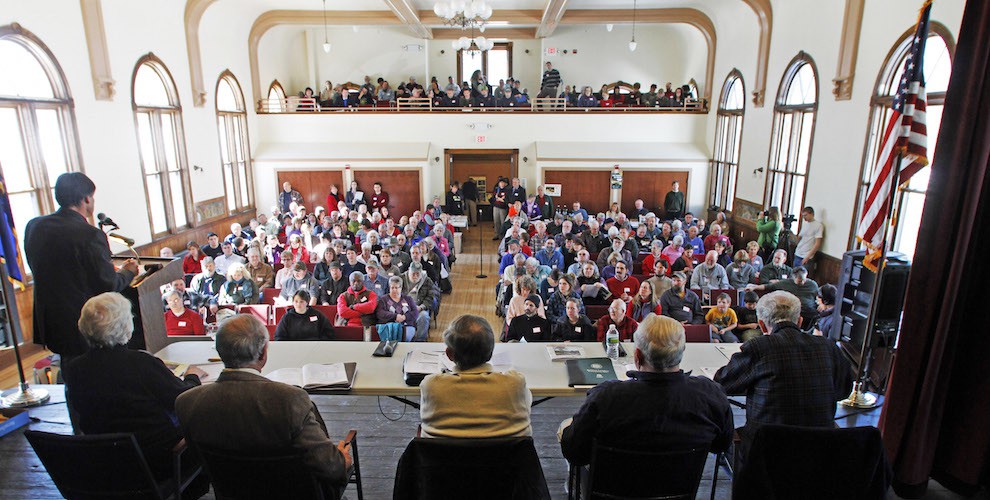Perhaps the most important book on economics in many years is Capital in the Twenty-First Century, written by the French economist Thomas Piketty. Piketty argues that the distribution of wealth throughout the world is becoming more and more unequal.
He cites data which indicate that in the 18th and 19th centuries western European society was highly unequal. Private wealth was concentrated in the hands of the rich families who sat atop a relatively rigid class structure.
The chaos of the first and second world wars and the Depression disrupted this unequal relationship. High taxes, inflation, bankruptcies and the growth of sprawling welfare states caused wealth to shrink dramatically, and ushered in a period in which wealth was distributed in a more equal fashion.
But as those shocks from the 20th century have faded, wealth inequality has risen in this century. Piketty asserts that this is because there are no natural forces pushing against the steady concentration of wealth. He recommends that governments adopt a global tax on wealth, to prevent soaring inequality contributing to economic or political instability down the road.
What does this have to do with community foundations? If you look at the big picture and over the long run, one role of community foundations is to decrease wealth inquality in communities. People who have accumulated “excess” wealth (our donors) donate that wealth to make it available to those without much wealth – clients of food banks, patients in medical clinics, and mentally handicapped adults, to name just a few examples.
So, in a very real sense, community foundations are out to prove Professor Pikkety wrong. Thousands of community foundations around the world strive to improve the quality of life in their communities – and that includes reducing the unequal distribution of wealth.
